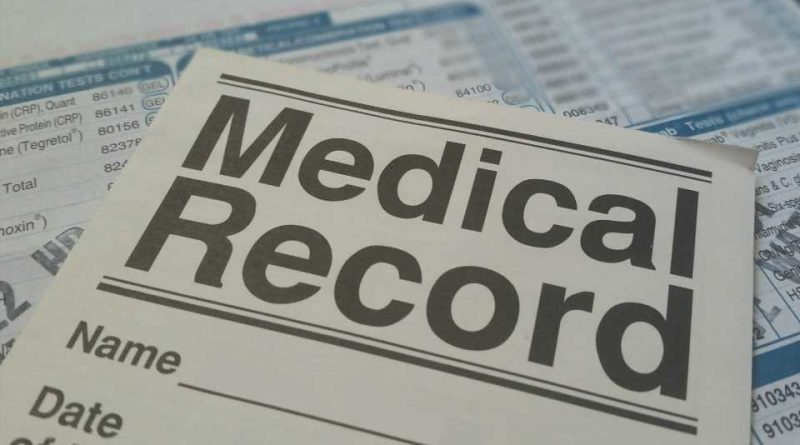New study finds disparities caused by algorithm in health care systems

Patients from historically medically underserved groups, including patients of color and those who are Spanish-speaking, have less cancer family history information available to them than do patients in other groups. In addition, existing health records are less comprehensive, according to a study published October 4 in JAMA Network Open.
Researchers from Huntsman Cancer Institute at the University of Utah (the U) and Perlmutter Cancer Center at NYU Langone Health sifted through electronic health record information in two major health care systems and broke them into subgroups: race, ethnicity, language preference, and gender. Researchers found disparities in the availability and comprehensiveness of cancer family history information for patients from different groups.
“Algorithms are being used by more health care systems to identify patients for specialty care,” says Kim Kaphingst, ScD, director of Cancer Communication Research at Huntsman Cancer Institute and professor in the Department of Communication at the U. “However, systematic differences in electronic health record data leads to disparities in identifying patients. Providers are also less able to identify patients in need of changing cancer screening schedules based on their family history. Having less family history information in the record can have a trickle-down effect that negatively affects the care patients are receiving.”
Kaphingst is one of the principal investigators of the study, together with Meena Sigireddi, MD, at NYU Langone Health. Questions started to surface when Kaphingst and her fellow researchers noticed they were identifying fewer Spanish-speaking patients than expected.
“Based off what we found, we want to see how we can improve the collection of family history information, especially from Spanish-speaking patients,” Kaphingst says. “What’s the best way to ask questions about cancer in the family? Could we use an online tool on MyChart or have a patient navigator at appointments collecting family history? We want to make sure all patients have access to needed cancer genetic services.”
Source: Read Full Article



